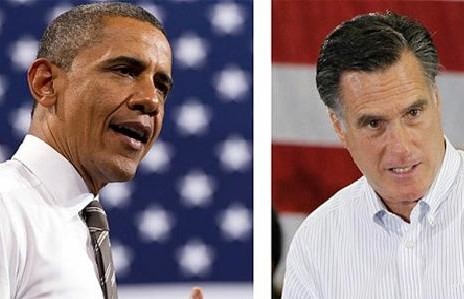
Puryear Speaks on Education Quality at the Virtual Educa Caribe Conference in the Dominican Republic
Conference to discuss the topics of training, innovation, corporate social responsibility, and sustainable development.
This post is also available in: Spanish
The Mexican government recently announced it was cancelling the 2014 application of its national standardized achievement test, ENLACE, which has since 2006 evaluated the performance of all primary school students in reading, math and other subjects.
The announcement has sparked substantial criticism. The government has argued that, because ENLACE was used to determine which teachers qualified for pay raises, it had in many states generated fraud and corruption, including the widespread sale of exams on the internet. Critics argue that these failings were limited to specific places and schools, and that the government should have corrected them, rather than abolishing the exam. They point out that the test was being used to improve teaching, and had helped establish a culture of measurement and accountability in the school system. They lament that nearly a decade of data that is comparable over time will now be interrupted. Many fear that the decision represents a weakening of the government’s commitment to regularly assessing the learning of all students, and to using that information to make schools more accountable to parents. The National Institute of Education Evaluation (INEE) had already begun an assessment of experience with ENLACE, and has announced its intention to have a new test in place by 2015.
It will take some time to draw lessons from the ENLACE experience. What is already clear, however, is that corruption matters. The decision, in 2010, to link test scores with teacher salary increases established a strong incentive to cheat, and the government found it difficult to respond. Introducing high stakes tests into an education system that has been substantially captured by the teachers union, and has a long history of corruption, faces major challenges. Unless governments are prepared to address the issue of corruption, their chances of success are limited.
What follows are links to several articles on the debate; a broader collection of commentary can be found at https://www.mexicanosprimero.org.
Conference to discuss the topics of training, innovation, corporate social responsibility, and sustainable development.
Education policy — what Romney and Obama agree and disagree on.
Video of PREAL co-director at III Forum on Education Quality.
